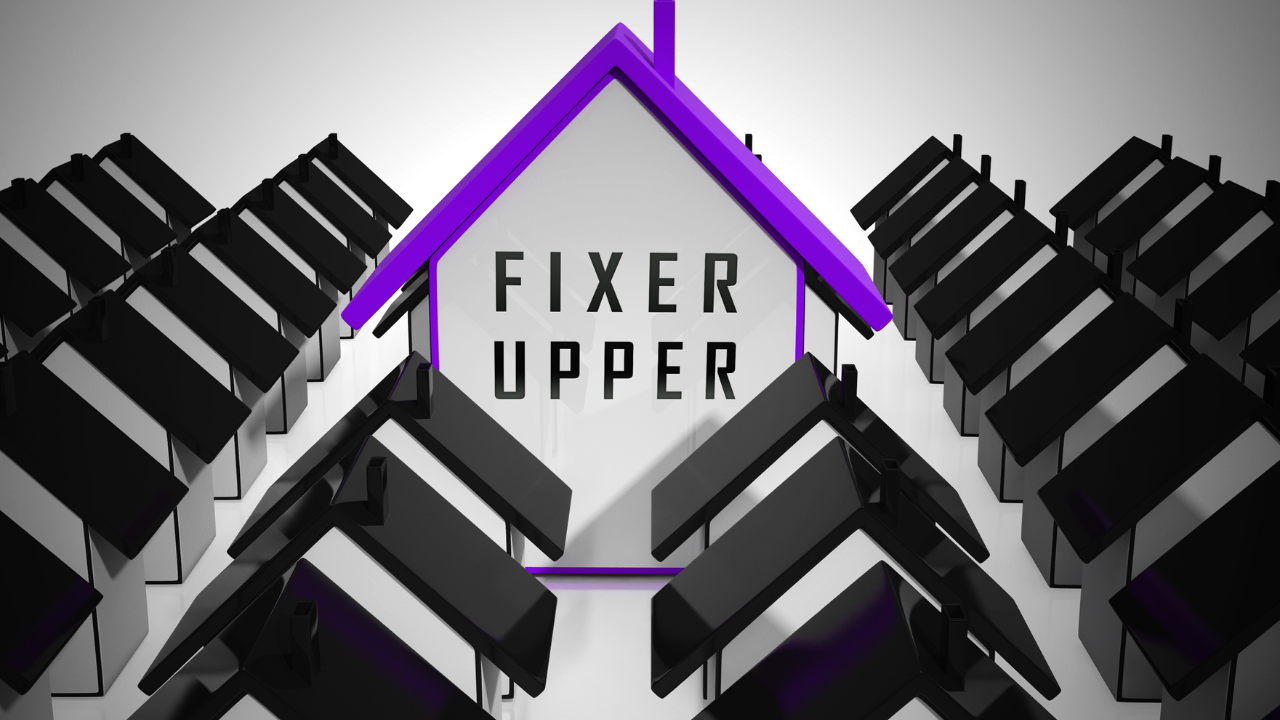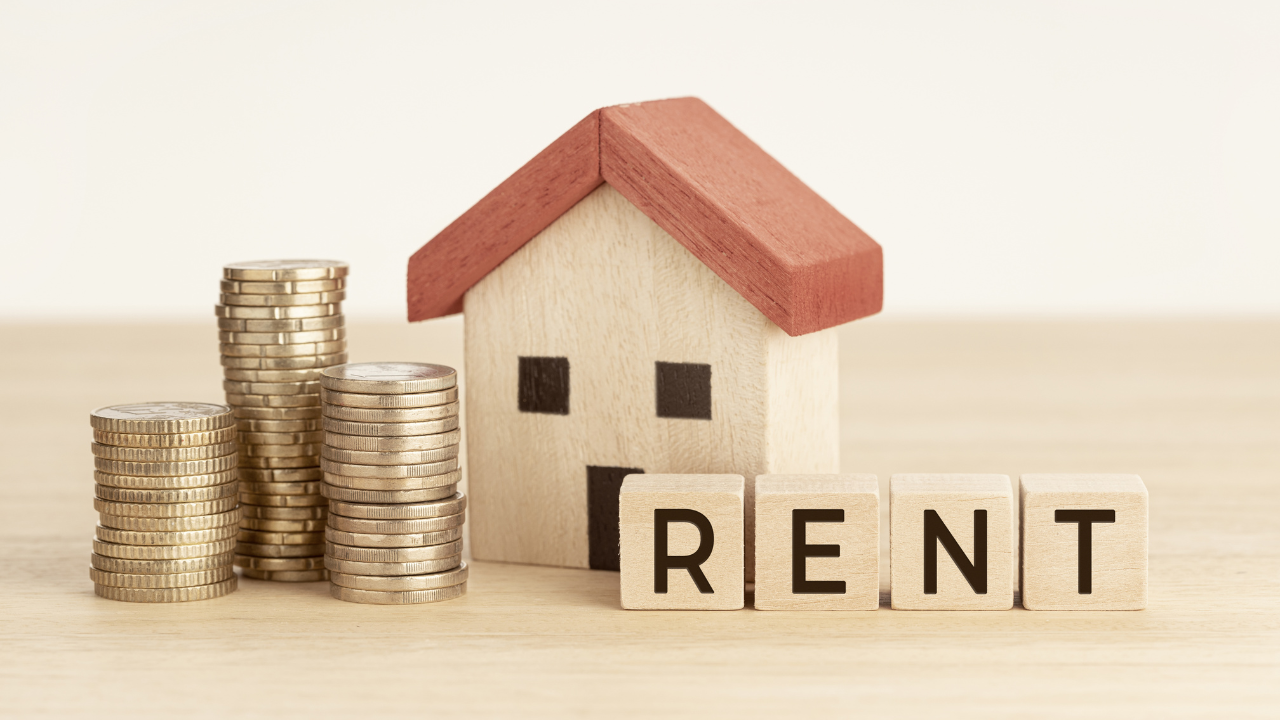Feeling like homeownership is out of reach? Between rising prices, stubbornly high interest rates, and the pressure to “wait for the right time,” you’re definitely not alone.
According to the 2025 NextGen Homebuyer Report, nearly 60% of Gen Z and Millennials believe they’ll own a home one day—but only 19% think now is a good time to buy. So, what are the rest doing?
They’re getting smart and strategic.
Let’s break down four creative buying strategies young buyers are using to make homeownership possible in 2025—and how to know if one might work for you.
1. Buying a Fixer-Upper
Used by: 42% of buyers surveyed
Best for: Handy buyers who want more space for less
Avoid if: You need move-in-ready or have a tight reno budget
Buying a home that needs some TLC can be your ticket into a dream neighborhood you couldn’t otherwise afford. In many markets, fixer-uppers sell for 10–30% less than turnkey homes—leaving room to customize and build equity fast.
Pros:
- Lower purchase price
- Faster equity growth
- Customization opportunities
Cons:
- Renovations can be costly and time-consuming
- May require permits or inspections
- Financing can be tricky with traditional loans
💡 Pro Tip: Ask your agent about FHA 203(k) renovation loans, which let you roll repair costs into your mortgage—making your fixer-upper more affordable upfront.

2. Co-Buying With Friends or Family
Considered by: 21% of buyers overall, 32% of Gen Z
Best for: Trusted partners who can share the load
Avoid if: You’re unsure about long-term financial alignment
Teamwork makes the dream work—literally. More young buyers are co-buying homes with siblings, friends, or partners to split costs and double their buying power.
Pros:
- Shared down payment and expenses
- Larger combined budget = better home or area
- Built-in support system
Cons:
- Requires clear communication and legal agreements
- Disagreements can strain relationships
- You’ll need an exit plan for resale or buyouts
💡 Pro Tip: Have a co-ownership agreement drafted by a real estate attorney. It should cover who pays what, how equity is divided, and what happens if one person wants out.

3. House Hacking (a.k.a. Renting Out Part of Your Home)
Used by: 18.6% of buyers
Best for: Those open to being landlords
Avoid if: You need total privacy
Ever thought of turning your home into an income stream? House hacking means buying a property you can partially rent—like a duplex, basement suite, or ADU. The rent helps cover (or even eliminate) your monthly mortgage payments.
Pros:
- Generates passive income
- Reduces your housing costs
- Builds long-term wealth
Cons:
- You’ll manage tenants or guests
- Some cities have strict rental regulations
- Requires additional insurance and planning
💡 Pro Tip: Research your local short-term rental (STR) laws before listing on Airbnb. Some cities require permits or limit the number of rental days per year.

4. Relocating to a More Affordable Area
Considered by: 47% of buyers surveyed
Best for: Remote workers or flexible buyers
Avoid if: You’re tied to a specific area or job
With remote work becoming the norm, many buyers are saying goodbye to pricey metros and hello to affordable suburbs—or even different states.
Pros:
- More space for your money
- Lower property taxes and living costs
- Faster wealth-building potential
Cons:
- May mean changing jobs or longer commutes
- Fewer amenities in smaller markets
- Harder to view homes in person
💡 Pro Tip: Ask your agent about emerging markets or “edge suburbs.” These often offer solid value now with strong growth potential later.

Final Thoughts: Think Creatively, Buy Strategically
In 2025, there’s no single path to homeownership—and that’s actually a good thing. Whether you’re eyeing a fixer-upper, splitting costs with friends, or relocating to a new city, creativity and smart planning can open doors you never thought possible.
You don’t have to do it alone—partner with a knowledgeable real estate agent, crunch the numbers, and choose the route that fits your lifestyle and goals.
FAQs
1. Is 2025 a good year to buy a home?
It depends on your financial situation and location. Prices remain high in many cities, but interest rates are stabilizing, and buyers have more negotiating power than in previous years.
2. What’s the easiest way to buy a home with little money?
Consider low-down-payment loans (like FHA or USDA), co-buying, or house hacking to offset costs with rental income.
3. Can I buy a home with friends legally?
Yes—just make sure to draft a co-ownership agreement that outlines responsibilities, payments, and exit plans.
4. What’s the downside of buying a fixer-upper?
Unexpected repairs and renovation delays can increase costs. Always get a thorough inspection before buying.
5. Are there still affordable areas in 2025?
Absolutely! Many mid-sized cities and growing suburbs offer great value and strong appreciation potential, especially for remote workers.

.png)
